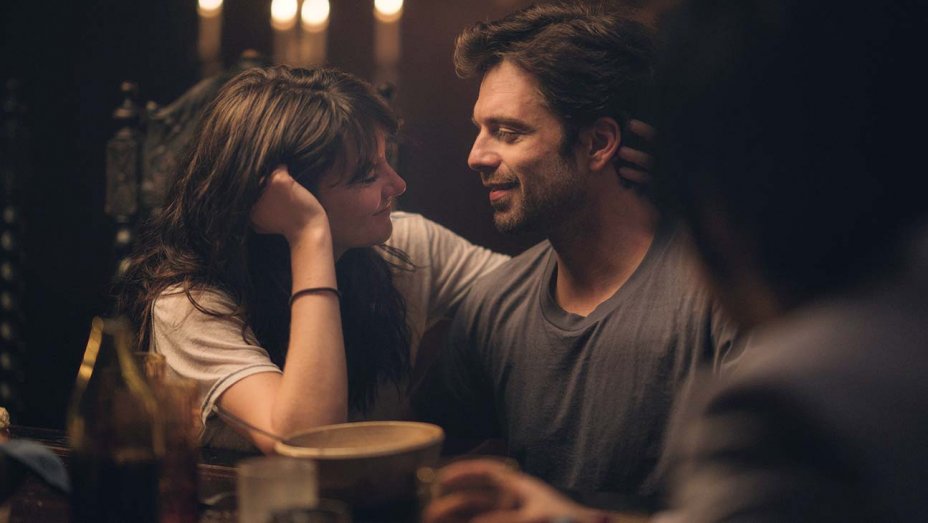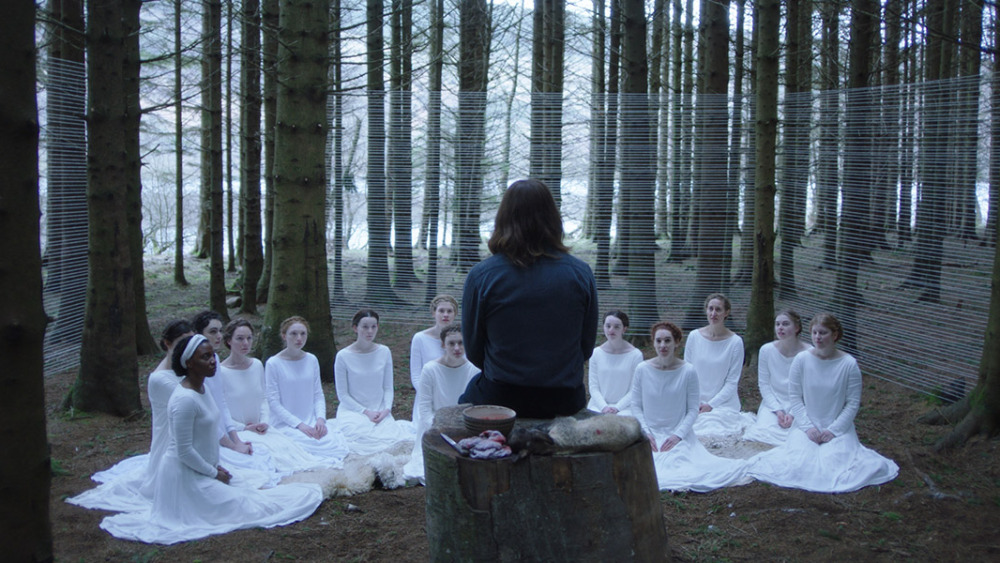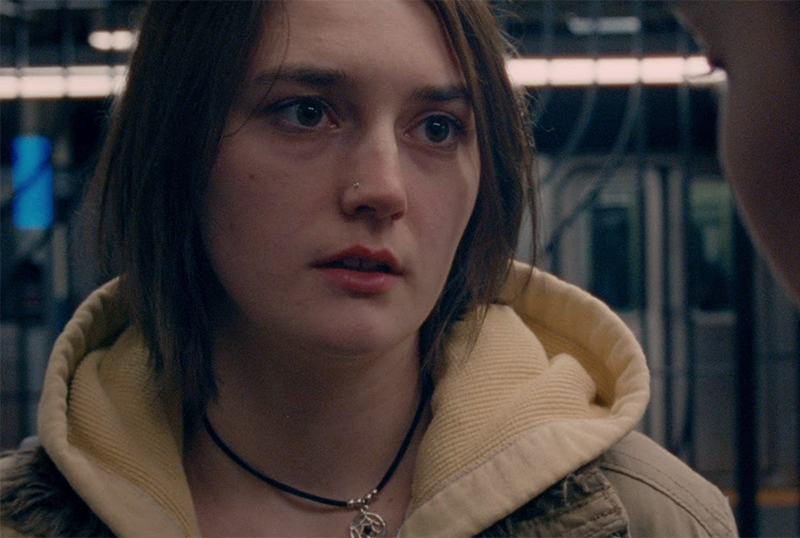Endings, Beginnings
by George Wolf
When does the guise of self discovery collapse under the reality of self absorption? Endings, Beginnings unwittingly toes that line for most of its running time, ultimately rescued by the sheer earnestness of its lead performance.
Shailene Woodley shines as Daphne, an aspiring artist who’s living in her sister’s LA pool house after quitting her job and longtime boyfriend to go find herself.
But first, she finds Frank (Sebastian Stan) and Jack (Jamie Dornan), two good friends who don’t try very hard not to let Daphne come between them. Frank’s the impulsive bad boy and Jack’s the reliable good guy, with Daphne bouncing between them while the film pretends it’s because the two men see her differently.
It’s Daphne who sees herself differently, and her inability to choose is just one of the ways Daphne’s newly-stated goal of doing good for others rings with as much authenticity as her winning the claw game at the arcade (really, she wins!).
Don’t get me wrong, an unlikeable protagonist can be more than okay, it can be a bold and challenging narrative choice. But here, director/co-writer Drake Doremus (Like Crazy) is desperate to sell us personal growth and “music to suffer to” playlists when all we keep seeing are excuses for selfishness.
The always reliable Woodley still manages to make Daphne an interesting train wreck. Her vulnerability and confusion at facing this premature midlife crisis does feel real, and Woodley elevates the film by making sure Daphne – likable or not – is a complex personality forgotten by a litany of romance fantasies.
The chemistry between Woodley, Stan and Dornan is solid, seemingly bolstered by improvisational trust amid Doremus’s abrupt cuts and flashback sketches.
Endings, Beginnings has all the parts of a consistently competent and watchable affair. But the resonant character study it aspires to be – much like the character itself – slips away simply from pretending to be something it’s not.












